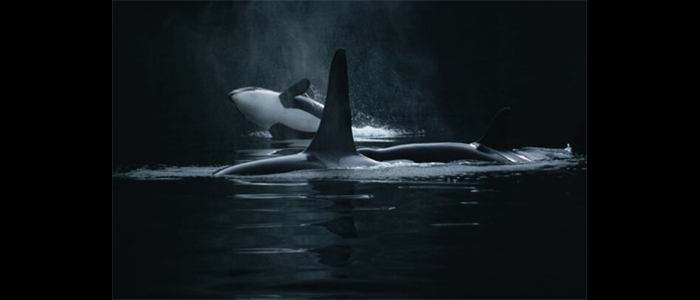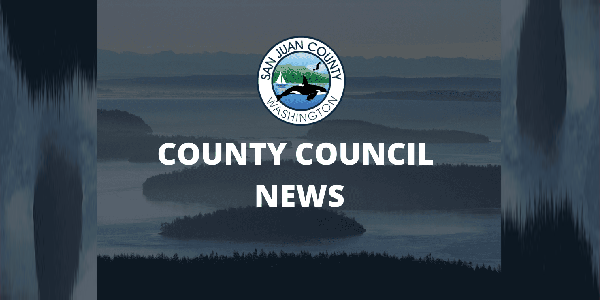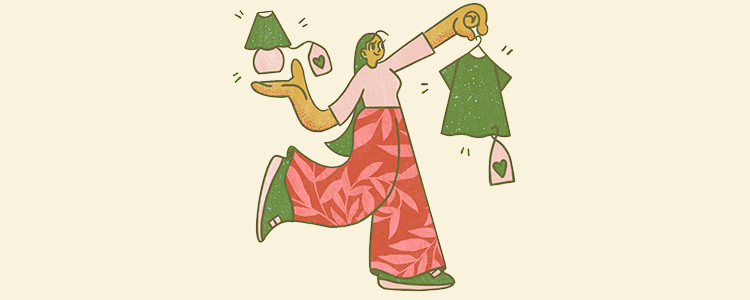||| FROM SHARON GRACE for SRKW CHINOOK SALMON INITIATIVE |||
Los Angeles, CA.||| Despite protections from the Endangered Species Act and the Marine Mammal Protection Act, the population of Southern Resident Orcas continues to decline – now at 75. Lack of chinook salmon, the orcas’ primary prey, limits the Southern Residents’ ability to survive. Studies from the National Oceanic and Atmospheric Administration (NOAA) and approval from the Biden administration point in one direction. Breaching the four Lower Snake River Dams will increase the chinook salmon population, which will help the orcas survive.
“It appears those in charge of maintaining the Lower Snake River dams are complicit in driving the extinction of both salmon and Southern Resident Orcas. Officials are dragging their feet or flat-out denying science.” says Frey.
Frey says, “I understand that a journalist isn’t supposed to have an agenda but real journalism should also stand for justice – the whales deserve justice. Officials have full knowledge of what needs to be done. I plan to hold those responsible to account – something the mainstream media should be doing.”
Frey is asking the public to help him raise $500,000 – the going rate for a broadcast-ready feature – length documentary film. He plans to start production in the Fall of 2023 with a release date in the Summer of 2024. A portion of the proceeds from the film will go to Orca Network and the Center for Whale Research, organizations dedicated to saving the Southern Resident Orca.
View a short video message directly from John Carlos Frey in the YouTube image below.
**If you are reading theOrcasonian for free, thank your fellow islanders. If you would like to support theOrcasonian CLICK HERE to set your modestly-priced, voluntary subscription. Otherwise, no worries; we’re happy to share with you.**








So happy to know this is happening: I watched the talk with him on Toki Tv, and I hope people will donate toward the making of this movie. There are two issues that need covering; the dams killing the salmon and making them scarce, and the captivity and imprisonment of orcas for ‘entertainment.’ People need to know the truth about the southern orcas. Part of the big ‘sell’ of these islands is the chance to see the whales. (I prefer to see them at Limekiln, which is a magical experience.)
The tourist industry capitalizes off of orca whales as a draw, tourists come from all over to hope to see them. Whale-watch businesses make a handy profit off of them; one in particular makes a killing (pun intended) with their “guraranteed’ promises of sightings. Boats get too close with the chasing and harassment, which needs to stop. Please, if you care about what happened to Tokitae and all other orcas in captivity, and if you want to see chinook salmon run again for the whales, spread the word and donate!
While I support removal of the lower Snake River dams and, of course, want what is best for the local fish-eating Orca families, I can think of many things more worthwhile doing with $500k than funding a movie.
Even if those dams were removed tomorrow, that is just one tiny step towards a healthy Cascadian ecosystem that includes salmon runs sufficient to support J, K and L pods. Even if we could restore the ancient forests that once covered this entire coast, salmon need both healthy forests AND a healthy North Pacific ocean.
The reality is the environment is continually changing, but now those changes are supercharged by the presence of 8 BILLION human beings on this small planet. In less than 200 years the global human population has grown from 1 billion to 8 billion and very, very few of us are presently living in a long term, sustainable fashion. Until humans learn to live in harmony with the rest of the biosphere the Earth will continue to lose species to extinction at a devastating rate.
If we reduced the human birth-rate to 3% below the natural death-rate, in 100 years the population would be 5% of where we started. No wars, plagues or alien invasions required. Would that cause economic disruption? You bet. And would that be so bad? Economic growth has always been at the expense of the environment. Frankly, I think the ONLY hope we have for a planetary biosphere that even remotely resembles the one we have enjoyed for the last 400,000 years is to voluntarily limit our numbers. If we wait until the Earth forces a reduction in our population, the world that our descendants will be left with will not be remotely as diverse and hospitable as the one we have enjoyed for the last 12,000 years.